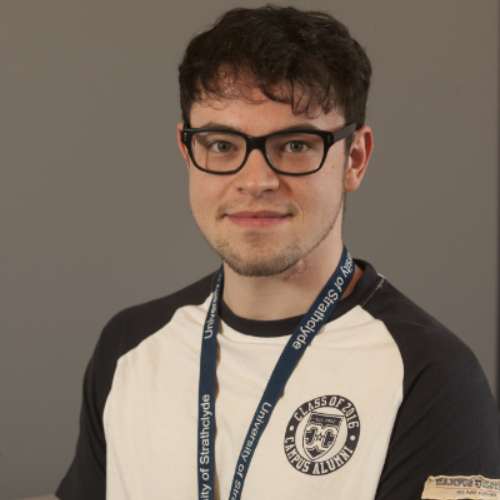What do we do?
The Department of Mathematics and Statistics offers a wide range of outreach workshops for both primary and secondary schools aimed at promoting the importance and real-world applications of mathematics.
Our Outreach Officer delivers these workshops out at schools and at the University, which are well-suited for STEM/DYW and Maths Week Scotland events. Details of the workshops can be found below. To arrange a workshop for your school, please contact our Outreach Officer.

